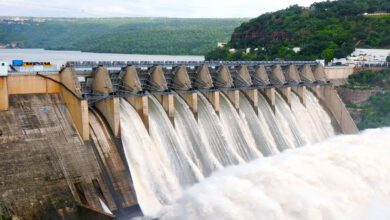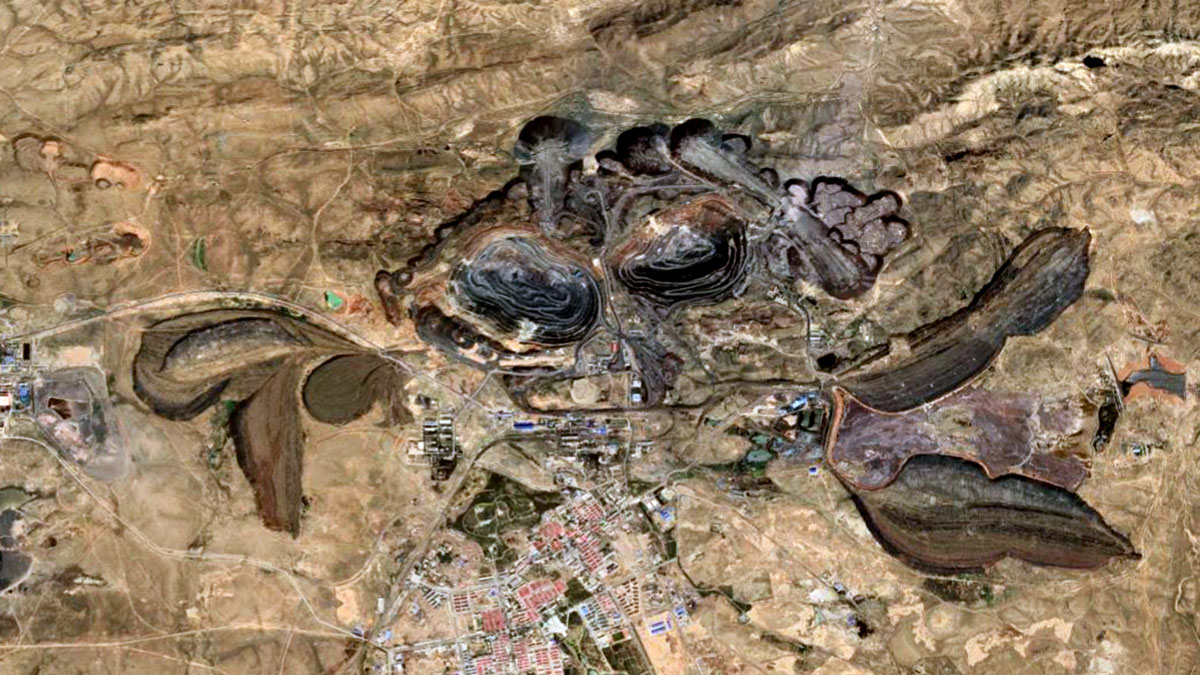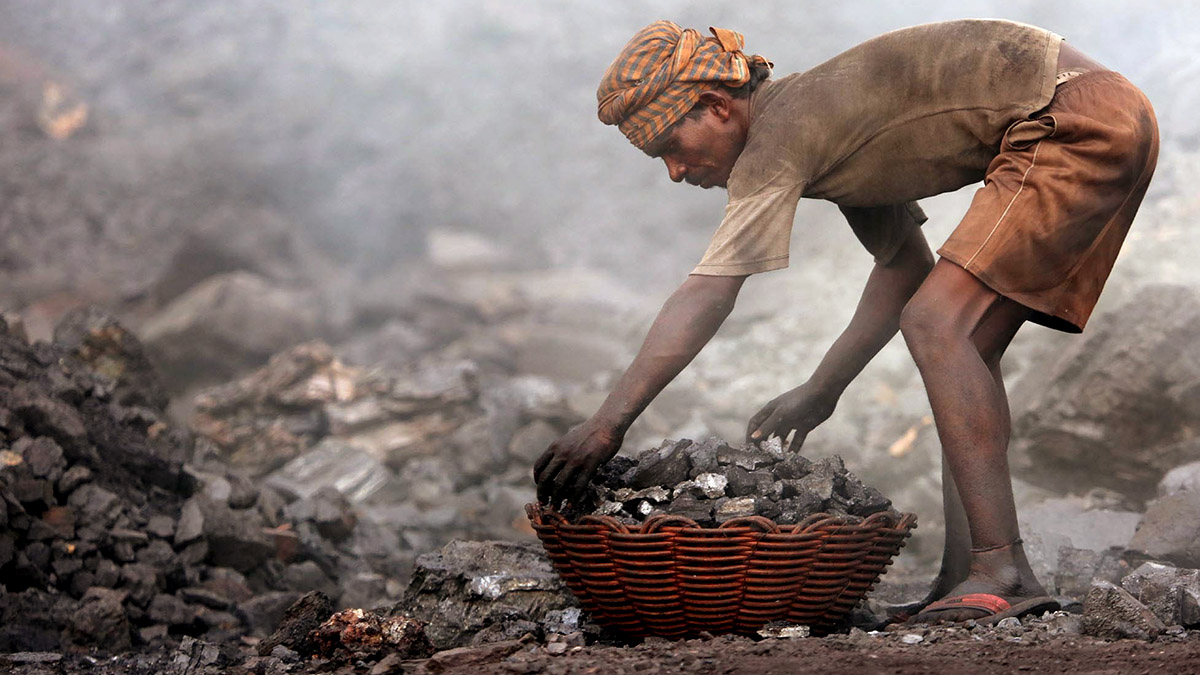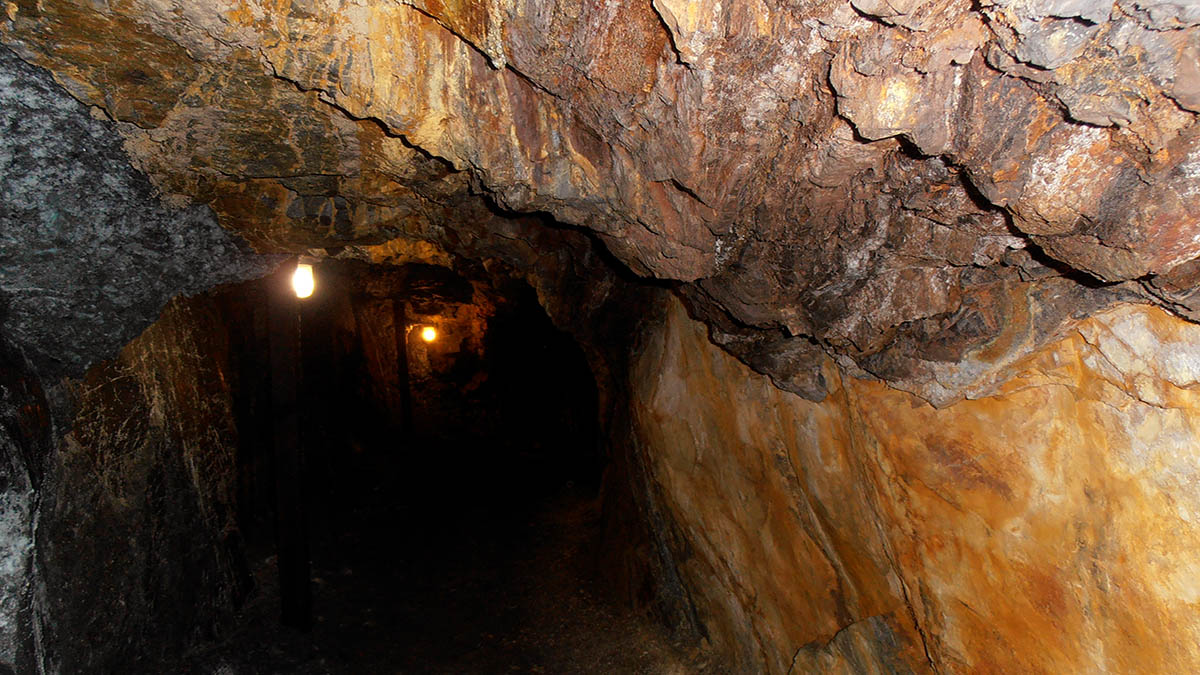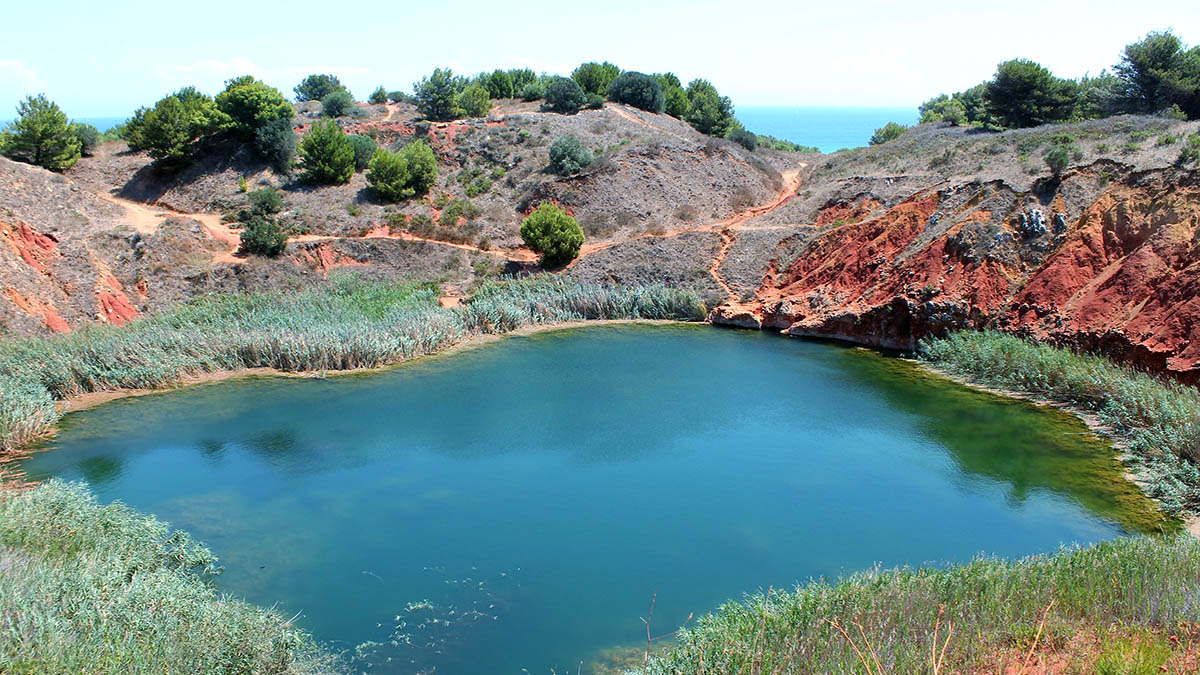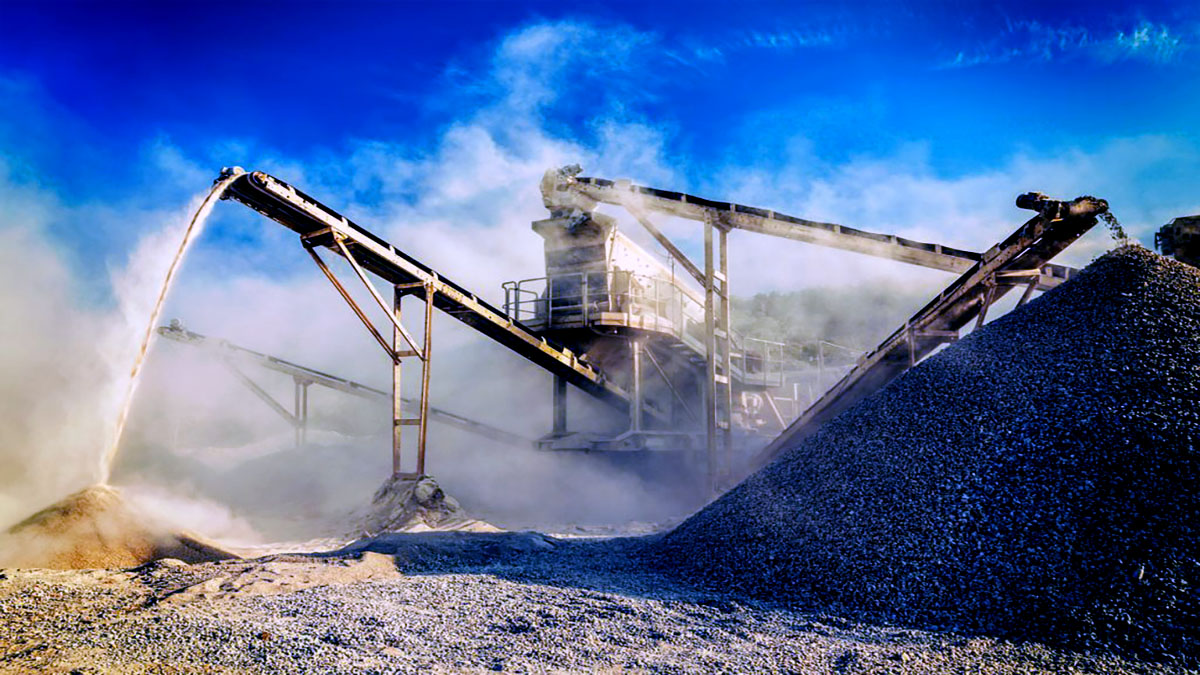In a significant move to bolster its resource security and accelerate domestic exploration efforts, the Indian government has unveiled a comprehensive list of 30 critical minerals vital for the country’s industrial and technological growth. The Ministry of Mines has ramped up efforts to identify and extract these essential minerals, ensuring self-sufficiency and reducing dependency on foreign suppliers.
The list comprises a wide range of crucial minerals including Antimony, Beryllium, Bismuth, Cobalt, Copper, Gallium, Germanium, Graphite, Hafnium, Indium, Lithium, Molybdenum, Niobium, Nickel, PGE, Phosphorus, Potash, Rare Earth Elements (REE), Rhenium, Silicon, Strontium, Tantalum, Tellurium, Tin, Titanium, Tungsten, Vanadium, Zirconium, Selenium, and Cadmium.
Over the past four years, the Geological Survey of India (GSI) and other agencies have significantly intensified exploration efforts in the country to uncover potential deposits of these critical minerals. During this period, a total of 422 projects have been undertaken by the GSI, culminating in 122 projects in the current field season, 2023-24, showcasing the government’s commitment to securing these crucial resources.
One of the pioneering initiatives to ensure a steady supply of these minerals is the formation of a joint venture company, Khanij Bidesh India Ltd (KABIL). With equity contributions from three Central Public Sector Enterprises—National Aluminium Company Ltd, Hindustan Copper Ltd, and Mineral Exploration Company Ltd—KABIL is dedicated to identifying and acquiring overseas mineral assets of strategic significance. The primary focus lies in securing critical minerals such as Lithium, Cobalt, and others from sources in countries like Argentina, Australia, and others.
Speaking on this momentous occasion, Rajiv Ranjan Mishra, the Minister of Mines, stated, “The release of the list of 30 critical minerals and the establishment of KABIL marks a significant milestone in India’s quest for resource security. We are committed to leveraging our geological potential and enhancing our self-reliance in these essential minerals.”
The government’s proactive approach to enhancing domestic exploration and tapping into international reserves demonstrates India’s determination to establish itself as a global player in the critical minerals market. By strengthening its foothold in this sector, India aims to drive industrial growth and support the development of emerging technologies.
The focus on these minerals also aligns with the country’s commitment to sustainable practices, as several of the listed elements are crucial for the production of renewable energy technologies and advanced electronics.





